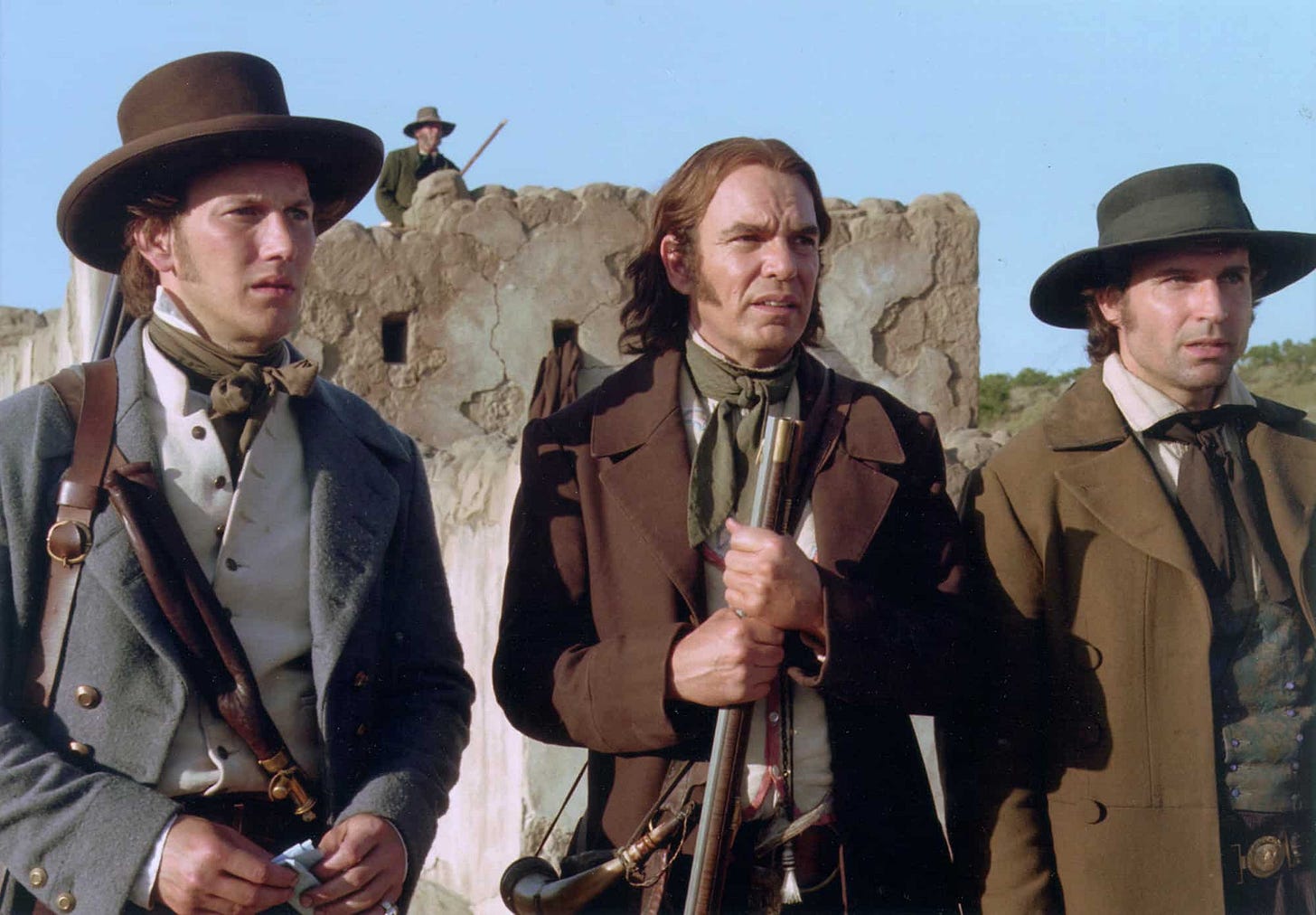Davy Crockett: Hero of Liberty
A legend even in his own time, long before his stand at the Alamo.
by Rod D. Martin
March 6, 2015
Today marks the 179th anniversary of the martyrdom of the heroes of the Alamo, who died to delay the dictator Santa Anna's army long enough so that Texian troops could rally and defend their homes. Singular among those heroes was Colonel and Congressman David S. Crockett, “King of the Wild Frontier.”
Born in 1786 in that part of North Carolina which was then the renegade “State of Franklin” but not yet the State of Tennessee, “Davy” Crockett was a legend even in his own time, and long before the Texas Revolution.




